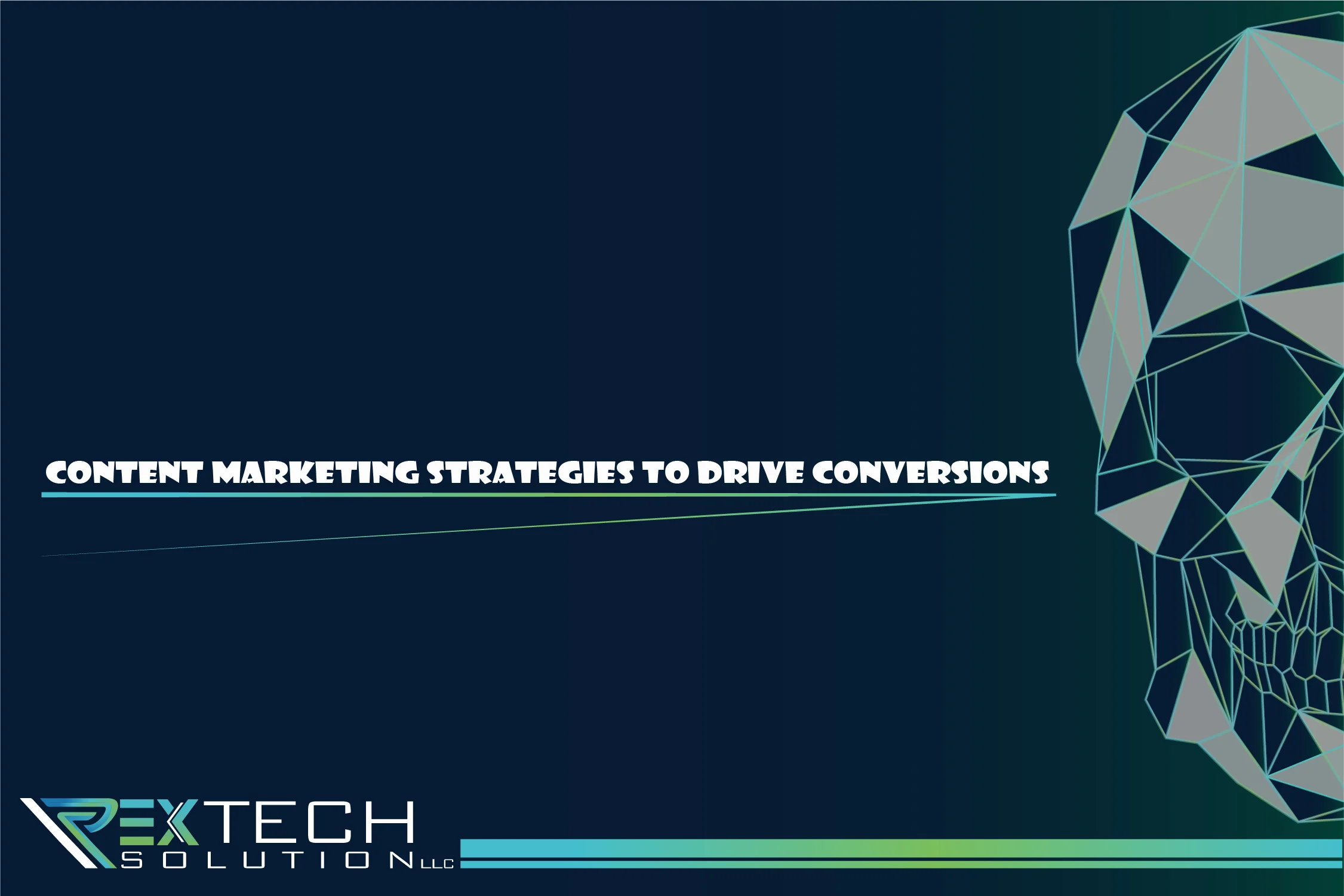Content marketing has become a cornerstone of digital marketing strategies, helping businesses engage with their audience and drive conversions. However, to be successful, it’s essential to have a well-thought-out content strategy that aligns with your business goals. In this article, we’ll explore effective content marketing strategies that can help drive conversions and boost your business’s growth.
Understanding Your Audience
The first step in any successful content marketing strategy is understanding your target audience. Conduct market research to identify your audience’s demographics, interests, and pain points. Use this information to create content that resonates with them and addresses their needs.
Creating High-Quality, Relevant Content
High-quality, relevant content is crucial for engaging your audience and driving conversions. Create content that is informative, entertaining, and valuable to your audience. Use a mix of formats, such as blog posts, videos, infographics, and podcasts, to keep your content fresh and engaging.
Search Engine Optimization (SEO)
Optimizing your content for search engines is essential for driving organic traffic to your website. Conduct keyword research to identify relevant keywords for your industry, and incorporate them naturally into your content. Focus on creating valuable, informative content that answers your audience’s questions and provides solutions to their problems.
Utilizing Social Media
Social media is a powerful tool for distributing your content and engaging with your audience. Identify the social media platforms where your audience is most active and share your content regularly. Encourage social sharing by including social sharing buttons on your website and in your email campaigns.
Email Marketing
Email marketing is another effective way to drive conversions through content. Build an email list of interested subscribers and send them regular updates and newsletters. Personalize your emails based on subscriber interests and behavior to increase engagement and conversions.
Engaging Visual Content
Visual content, such as videos, infographics, and images, can be highly engaging and shareable. Use visual content to complement your written content and convey complex information in a more digestible format.
Analyzing and Optimizing
Regularly analyze the performance of your content marketing efforts using analytics tools. Look at metrics such as website traffic, engagement, and conversion rates to identify what’s working and what can be improved. Use this data to optimize your content strategy and drive better results.
Conclusion
Effective content marketing is essential for driving conversions and growing your business. By understanding your audience, creating high-quality content, optimizing for SEO, utilizing social media, and engaging with visual content, you can create a successful content marketing strategy that drives conversions and boosts your business’s growth.
FAQs
1. What is content marketing, and why is it important for my business?
Content marketing is a strategy focused on creating and distributing valuable, relevant, and consistent content to attract and retain a clearly defined audience. It is important for your business because it helps build trust, establish authority in your industry, engage your audience, and drive conversions, ultimately leading to business growth.
2. How do I identify my target audience for content marketing?
Identifying your target audience involves conducting market research to understand their demographics, interests, pain points, and behaviors. Tools such as surveys, customer interviews, social media insights, and analytics data can help gather this information. Understanding your audience allows you to create content that resonates with them and meets their needs.
3. What types of content should I create to drive conversions?
To drive conversions, create high-quality, relevant content that is informative, entertaining, and valuable to your audience. Use a variety of formats such as blog posts, videos, infographics, podcasts, and case studies. This mix keeps your content fresh and engaging, appealing to different audience preferences.
4. How does SEO impact my content marketing strategy?
Search Engine Optimization (SEO) is crucial for driving organic traffic to your website. By conducting keyword research and incorporating relevant keywords naturally into your content, you can improve your website’s visibility on search engines. SEO helps attract potential customers who are actively searching for solutions related to your industry, increasing the chances of conversions.
5. What role does social media play in content marketing?
Social media is a powerful tool for distributing content and engaging with your audience. By sharing your content on platforms where your audience is most active, you can increase its reach and visibility. Social media also facilitates interaction, feedback, and sharing, which can amplify your content’s impact and drive more traffic to your website.
6. How can I measure the success of my content marketing efforts?
To measure the success of your content marketing efforts, use analytics tools to track key metrics such as website traffic, engagement rates, social shares, and conversion rates. Regularly analyze this data to identify what is working and what needs improvement. Use insights from these analyses to optimize your content strategy and enhance your results over time.

